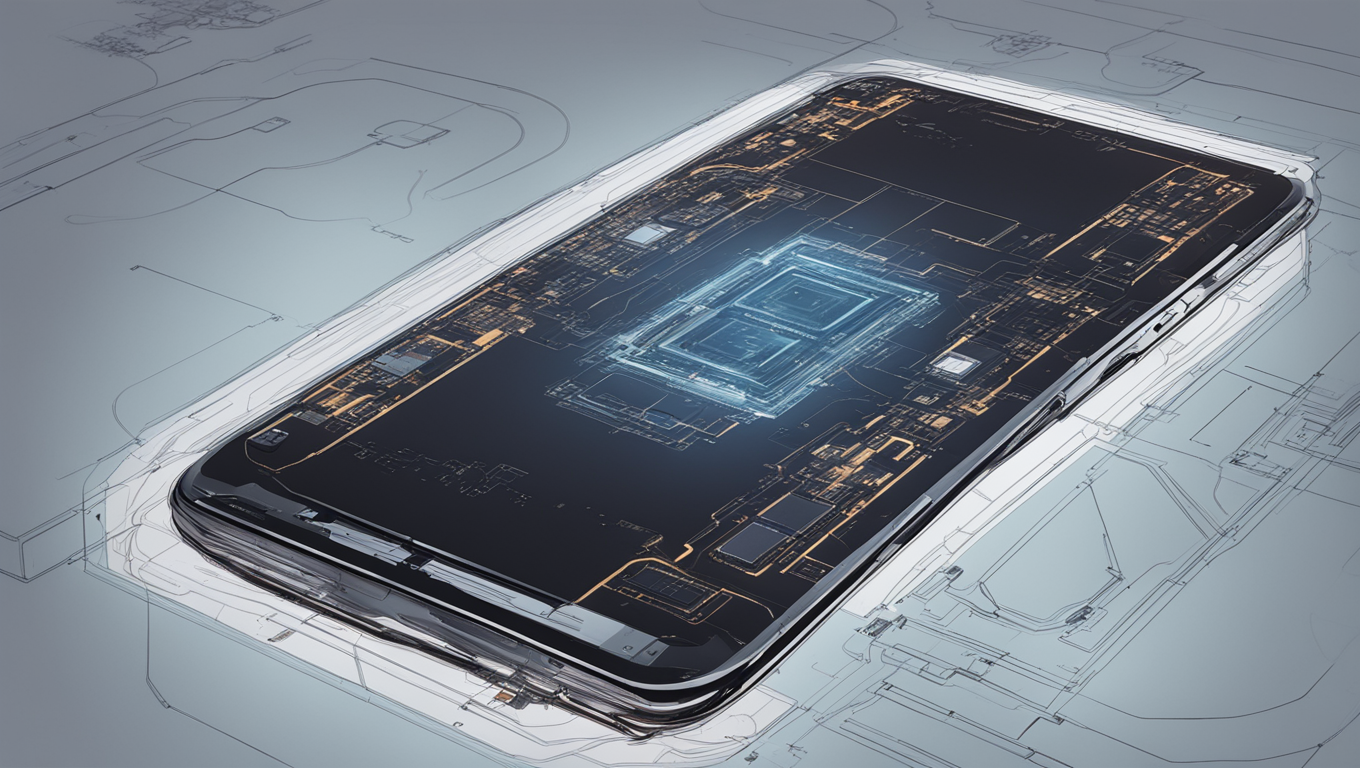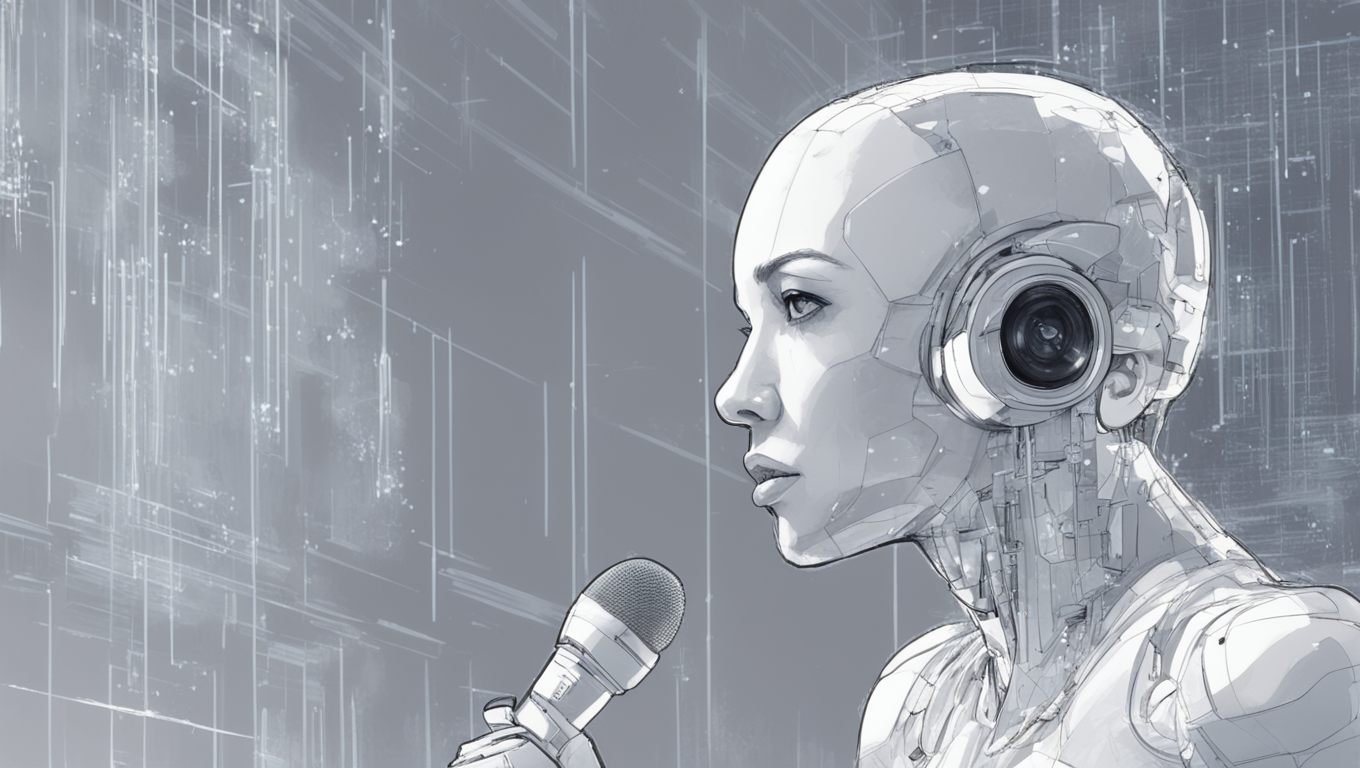Zhipu AI, a prominent generative artificial intelligence (AI) start-up in China, is set to launch its own text-to-video service to rival OpenAI’s Sora. According to a report from TMTPost, Zhipu AI has been developing its own text-to-video large language model (LLM) prior to the release of Sora. The company anticipates a surge in demand for LLMs capable of transforming text prompts into videos, particularly in industries such as film and video game production. Zhipu AI aims to release high-quality text-to-video tools as early as this year.
Chinese companies have been striving to catch up with leading global generative AI players since the introduction of OpenAI’s ChatGPT conversational bot in late 2022, followed by Sora earlier this year. Shengshu Technology and Tsinghua University recently unveiled their text-to-video tool, Vidu, which is considered China’s most promising competitor to Sora. Vidu’s AI model can generate 1080p resolution videos up to 16 seconds in length based on simple text prompts, while Sora claims to produce videos of up to 60 seconds.
However, OpenAI services are not officially accessible in China, where approximately 200 LLMs have emerged, according to government data. Zhipu AI, founded in 2019 by computer science graduates from Tsinghua University, has been at the forefront of LLM development in China. It is regarded as one of the “four new AI tigers” in the country, alongside Moonshot AI, Baichuan, and MiniMax. With backing from venture capital firms and domestic tech giants like Tencent Holdings, Meituan, Xiaomi, and Alibaba Group Holding, Zhipu AI has raised 2.5 billion yuan (US$346 million) from investors.
Tsinghua University recently conducted an assessment of 14 representative LLMs from China and overseas, ranking Zhipu AI’s GLM-4 as one of the top two domestic models. The start-up’s technology has steadily closed the gap with the world’s best models in terms of overall performance, according to the report. Zhipu AI has not yet responded to requests for comment.
The race to develop advanced text-to-video services reflects the growing significance of generative AI in the tech industry. As demand for innovative applications of AI continues to rise, companies like Zhipu AI and OpenAI are pushing the boundaries of what is possible, enabling the transformation of textual concepts into visual content. With the introduction of Zhipu AI’s text-to-video service, the competition in this space is bound to intensify, leading to further advancements in the technology.
As Zhipu AI prepares to release its own text-to-video tools, the industry waits in anticipation for the next leap forward in generative AI capabilities. With a diverse array of customers, ranging from filmmakers to video game developers, eagerly awaiting these tools, the impact of Zhipu AI’s entry into the market could be significant. As the company continues to narrow the gap with global leaders in the field, it has the potential to revolutionize the way we create and consume visual content.
In the words of Zhipu AI’s spokesperson, “We believe that our text-to-video tools will provide creative professionals with powerful resources to bring their ideas to life. By combining the capabilities of our LLM with the growing demand for dynamic video content, Zhipu AI aims to redefine the way visual stories are told.”
With the launch of Zhipu AI’s text-to-video service on the horizon, the future of generative AI is looking brighter than ever. As more companies enter the race to develop innovative AI applications, the possibilities for creative expression and storytelling are limitless. It is an exciting time for the industry, and we can expect to see even more groundbreaking advancements in the years to come.





Use the share button below if you liked it.